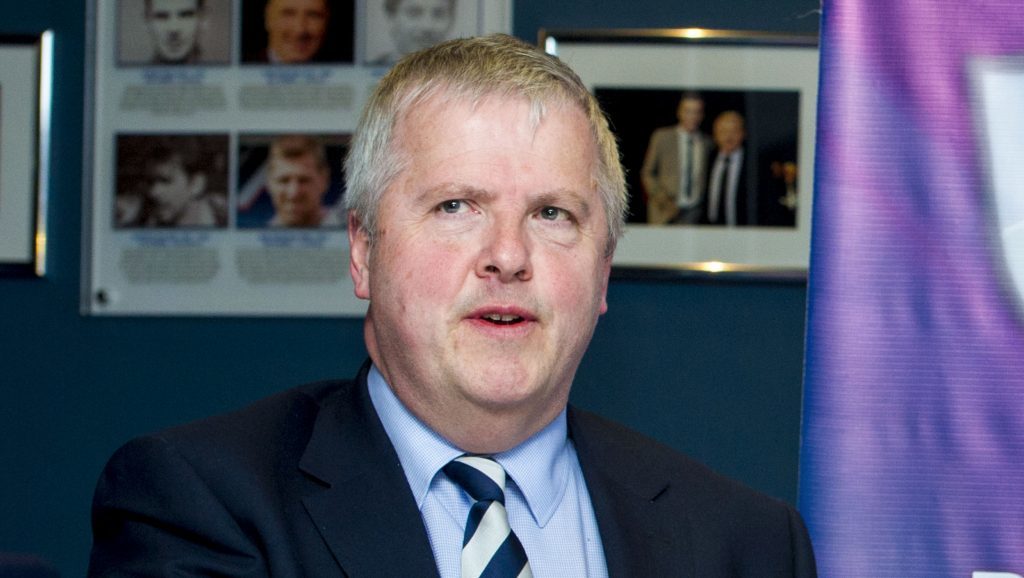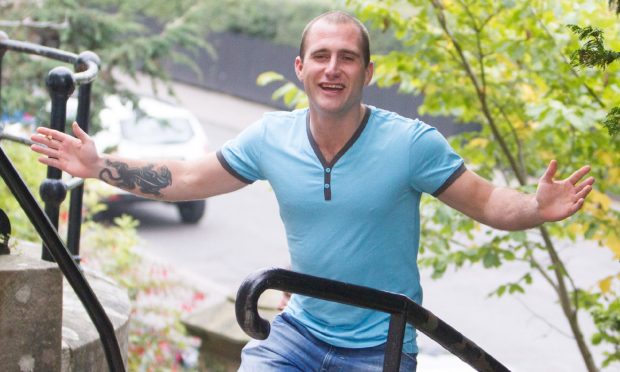Tayside health bosses are bracing themselves for the “hidden” impact of lockdown on people’s mental health.
Public health chief Dr Drew Walker warned colleagues on the NHS Tayside board that even people who did not have a problem prior to lockdown could need help.
Dr Walker said: “Most of the mental health distress, which is occurring as a result to Covid, isn’t presenting itself to services.
“Most it will be hidden and visible only within people’s own homes and people’s communities. We’ll really only know what the impact on services is when we start moving out of lockdown.”
He said evidence suggests lockdown will be “having a significant impact on people whose mental wellbeing has up until now been good.”
“This will have caused some deterioration. People whose mental wellbeing has been fragile. Many of those will be in a more fragile position than they were previously. People with established mental illnesses will have their situations exacerbated,” he added.
The health board is now preparing a paper “to identify the key areas where mitigating actions are required to reduce the impact of Covid-19 on population mental health.”
This will include a reviewing local data on suicide, self harm, and drugs deaths, talking to charities working in the area and a review of all other evidence.
The health board has also requested funding from the Chief Scientist’s Office to allow a more detailed assessment of the impact of social isolation on mental health in Tayside and Fife.
An NHS Tayside spokesman said: “The information obtained will be used to produce recommendations for local actions to meet unmet need with a specific focus on prevention, early intervention and reducing inequalities.”
Councillor Eric Drysdale, chair of the Perth & Kinross Integration Joint Board and member of the board, quizzed Dr Walker on NHS Tayside’s readiness.
He said: “Obviously, and completely understandably, the main focus to date has been on the effort to save lives and sustain the economy.
“However there is undoubtedly a major unseen problem that we are going to have to deal with in the months and years ahead.
“Even those who have been fortunate enough not to have previously experienced anxiety and depression may now do so.
“We therefore need to prepare for significantly increased numbers of people presenting with mental health issues, and our community mental health services will certainly be doing that,” he added.












